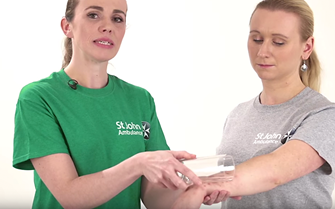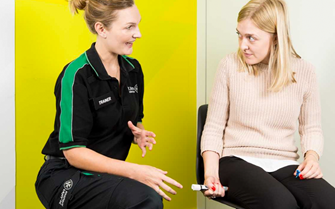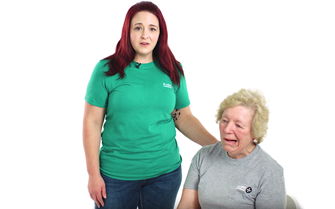First aid saves lives. Our online advice will help you deal with a range of common accidents and conditions so you can help.
Why is it so important? There is evidence to suggest that people are deterred from volunteering, helping others or intervening in an emergency due to the fear of risk and/or liability.
The Social Action, Responsibility and Heroism Act 2015 (Sarah Act) addresses these concerns and providing reassurance that if something goes wrong when people are acting for the benefit of society or intervening to help someone in an emergency, the courts will take into account the context of their actions in the event they are sued.
Always remember to dial 999 as soon as possible in an emergency.






